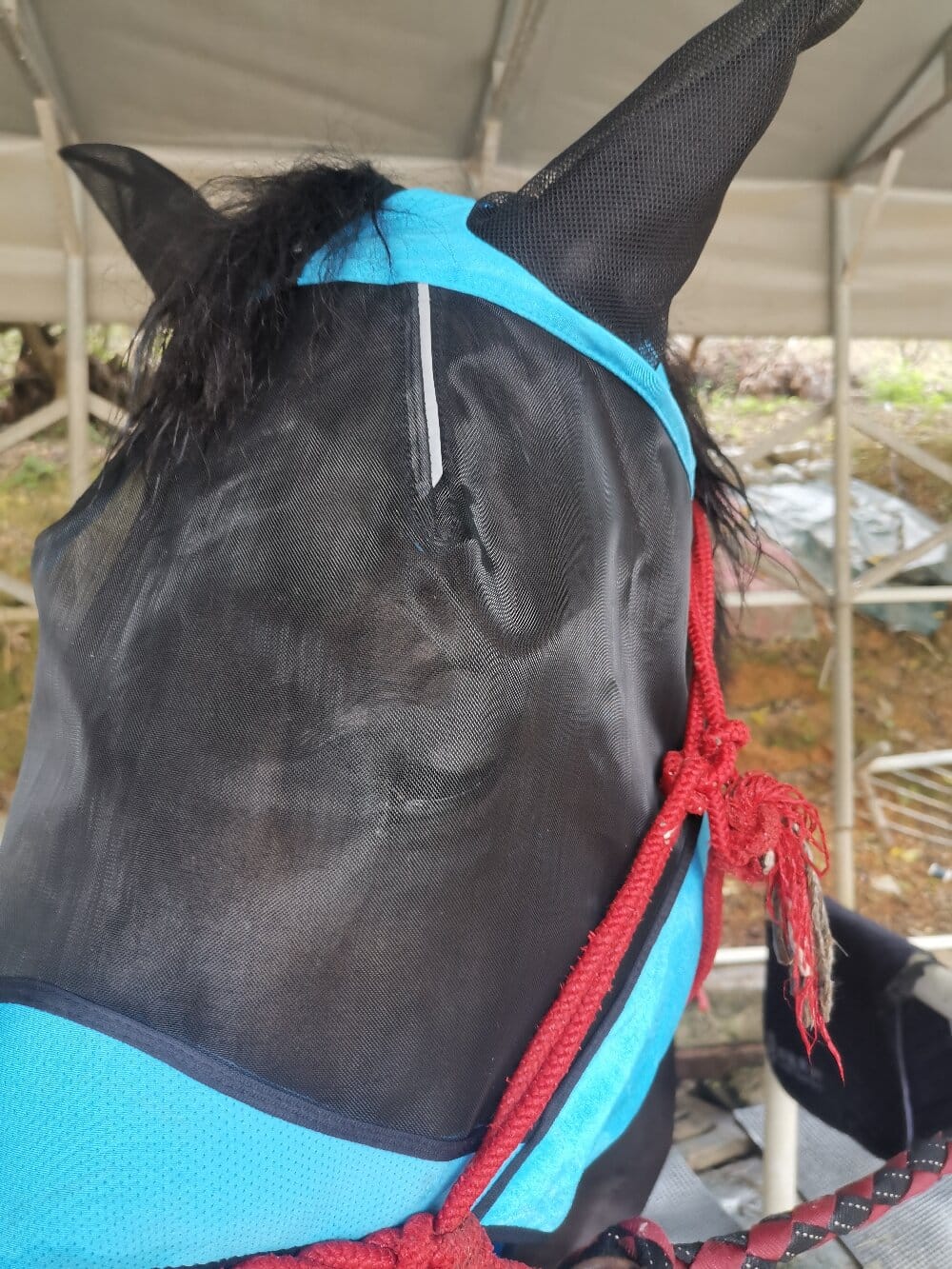If you own a horse, you know how bothersome flies can be—especially during warmer months. A horse fly mask is a simple yet effective solution to protect your equine friend from irritating insects, harmful UV rays, and even dust. But with so many options available, how do you choose the right one? This comparative analysis will help you understand the key differences between fly masks, their benefits, and which type might be best for your horse.
Types of Horse Fly Masks: A Detailed Comparison
Not all fly masks are created equal. Depending on your horse’s needs, you might opt for a basic mesh design or a more advanced UV-protective model. Here’s a breakdown of the most common types:
- Standard Mesh Fly Masks: Lightweight and breathable, these masks shield your horse’s eyes and ears from flies without restricting vision.
- UV-Blocking Fly Masks: Ideal for horses with light-sensitive eyes, these masks offer added protection against harmful sun rays.
- Full-Face Fly Masks: These extend coverage to the muzzle, protecting sensitive areas from insect bites.
- Earless Fly Masks: Designed for horses that dislike ear coverage, these focus on eye protection while allowing better airflow.
Key Features to Look for in a Horse Fly Mask
When comparing fly masks, consider these essential features to ensure comfort and durability:
- Material: Soft, stretchable mesh prevents irritation and allows for a snug fit.
- Adjustability: Look for adjustable straps to keep the mask securely in place.
- Visibility: Ensure the mesh doesn’t obstruct your horse’s line of sight.
- Durability: Reinforced stitching and tear-resistant fabric extend the mask’s lifespan.
How a Horse Fly Mask Benefits Your Equine Partner
Beyond keeping flies at bay, a well-designed fly mask offers several advantages:
- Prevents Eye Infections: Flies can transmit bacteria, leading to conditions like conjunctivitis.
- Reduces Stress: Constant insect harassment can make horses anxious and irritable.
- Protects Against Sunburn: Horses with pink skin or light coats are especially vulnerable to UV damage.
- Improves Comfort: A relaxed horse is a happier, more cooperative partner during rides and training.
Choosing the Right Fly Mask for Your Horse
Your horse’s individual needs should guide your selection. For example:
- If your horse spends long hours in the sun, prioritize UV protection.
- For horses prone to ear infections, a mask with ear covers may be beneficial.
- Active horses may need a more durable, snug-fitting design to prevent slippage.
Maintaining Your Horse’s Fly Mask for Longevity
To keep the mask in top condition, follow these care tips:
- Wash it regularly with mild soap to remove dirt and sweat.
- Inspect for tears or loose straps before each use.
- Store it in a dry, shaded area to prevent material degradation.
Final Thoughts: Investing in the Best Horse Fly Mask
A horse fly mask is a small investment that pays off in your horse’s health and happiness. By comparing features, materials, and specific needs, you can find the perfect mask to keep your equine companion comfortable all season long. Whether you opt for a basic design or a high-tech UV model, the right choice will make a noticeable difference in your horse’s well-being.

